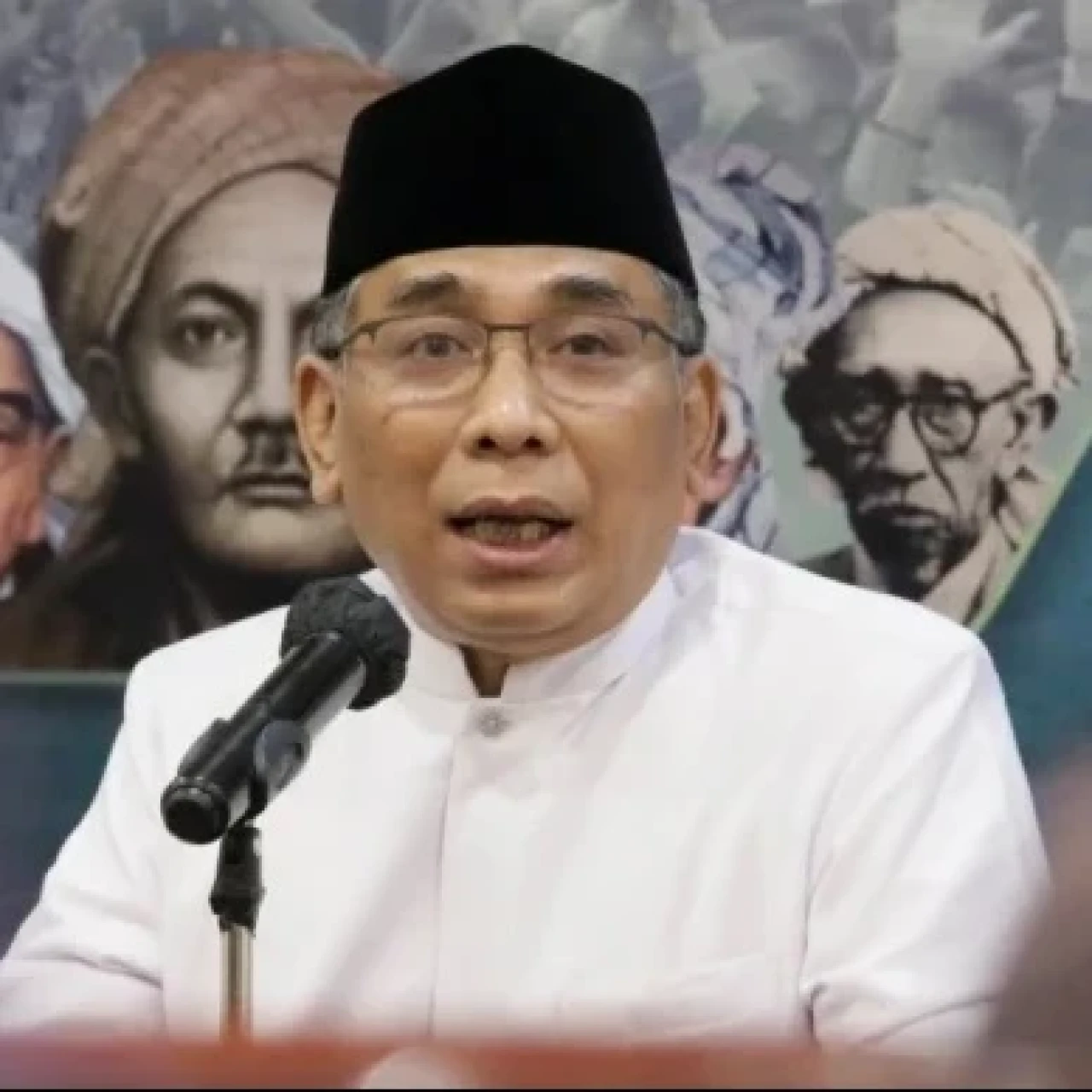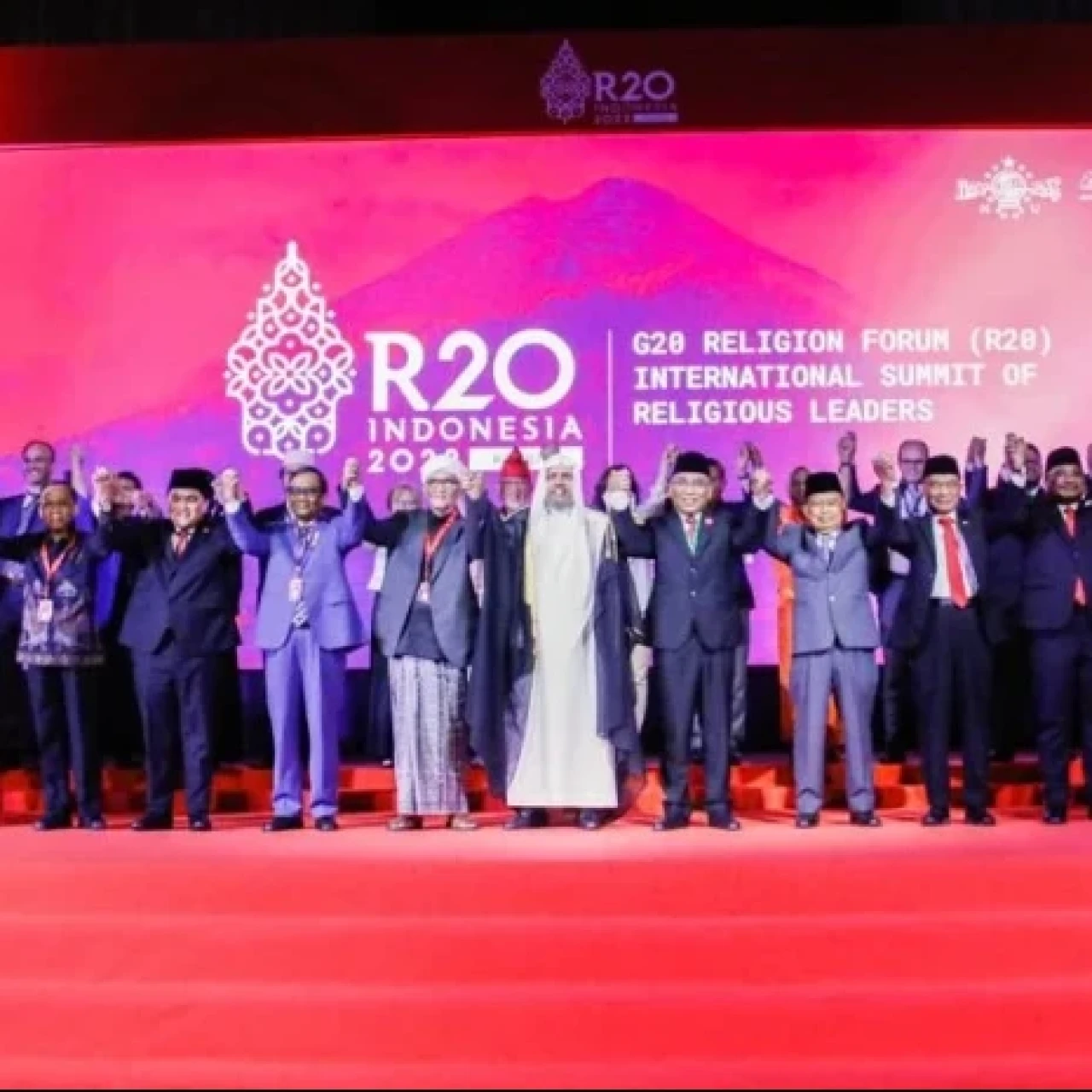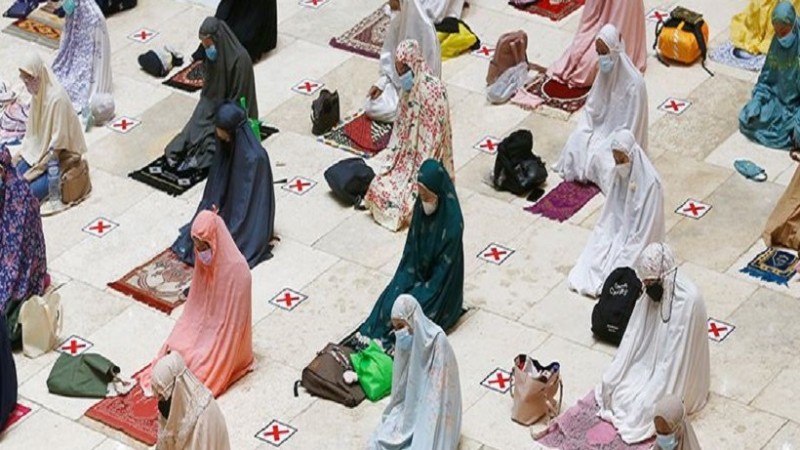The New Year season has come round again. For many it is a time for party. And it has become such a tradition that people in their million in this country –and around the globe- will participate in celebrating this seemingly happy occasion.
In this country the celebration of the New Year has become so popular that it is no longer the preserve of the affluent or of the educated among the intellectuals and civil servants. The generation of our grandfather would probably not care of the New Year and of participating in its celebration. But the world has changed and it seems that no one will dare to be left out in celebrating this annual festivity. <>
The pessimistic side of such celebration however, is that the rise of the New Year celebrations coincides with the rise of capitalism. Many of us has not yet digested the capitalism of the New Year culture so much so that we would force ourselves to celebrate it at our own economic expenses. Nor do we realize the fact that our local celebration of the New Year has been transformed into the Europeanized form of New Year, overshadowing therefore our own culture and identity.
The real force that orchestrated the emergence of the New Year culture and set its mood is in other words consumerism, the heart of capitalism. It is not the state, or religion or politics that is the primary exploiter of our society, but the market economy. The poorest of the poor among us would even keen to keep up with the prevalent consumption fashions by going for instance to MacDonald's spending the money that they actually have saved for weeks or even months. Many of us will furthermore buy presents for their beloved ones not realizing that in doing so they will run out of money for weeks or even months to come.
In all events, the customs are here now. They have emerged and coalesced, and nothing we can do to abolish them. No practical need to ponder how to change the concept of the New Year, or perhaps to study how people's partying habits across the class spectrum evolve unless we are an anthropologist.
Nor are we in need to discover how the idea of the New Year with all its glamour entered our scattered, fragmented, marginalized and confused lives, because it is here at this very moment. What is noticeable is that, once the New Year begins all that we will see is the full thrust of its entrance with all the artifice and pretence of the "Happy New Year". Colorful fireworks will normally blazon around us, as though the world had suddenly been transformed into an enormous rose-colored mall, or as though our life will be freed from its adversaries by the ubiquitous odors of vanilla, chocolate, cellophane wrapped flower arrangements and other pre-packaged and pre-paid-for consumer delights.
I find it ironic however, that many of us will spend millions of rupiah just for a night of celebration while others in this country are still starving in this morally and politically corrupt society. It is not enough that any semi-cultured rich man can go out there and get indulged in the thrall of their passion, while others among us are begging for a food. As though all that were not enough, New Year festivity has come to plunge us into a magnificent sludge of an adolescent stuff that sharpens the divide between the rich and the poor.
What are we then celebrating for? The past year after all is not always awesome for many of us and there is no guarantee that the coming year will be better. Corruption is still rampant here, and in the eyes of many the real issue in this country is one of a troublesome people and disorderly leadership. Among the marginalized, poverty, poor education, poor health-care, terrible living conditions, and degradation of quality of life as a whole are facts of life. They still live in isolation and exclusion, economically speaking.
As a nation we still fail to uphold such values as individual freedoms and human rights. Law is not enforced to the maximum to the effect that the weak is assaulted while the criminal powerful is left free. Social tolerance declined so much so that those among us who "insult" others, such as in the case of Prita Mulyasari would receive a painful punishment from the rich and the powerful.
The past year also saw the escalating imprudence of the 'ulama that represent the Indonesian Council of Ulama (MUI). In the past year they have issued many fatwas –often in a comical manner- that have indeed raised controversies among Muslims in this country such as the fatwa of the prohibition of cigarette and the 2012 movie. Many enlightened Muslims are troubled by the attitude of these Ulama.
What must we do then with regard to the New Year festivity? The celebration itself has indeed been globalized and become such an institution from which we cannot escape. And as is the case with many popular cultures, it has persisted as a popular custom passed from one generation to another and has been so strongly absorbed into our society as the official rites of passage.
It might be of little pertinence to speak out against the New Year festivities. But in the light of our confused and fragmented lives, these festivities seem odds and look as a bundle of paradoxes.
*The writer is a graduate of al-Azhar University Cairo, and the University of Cape Town South Africa. He lectures at IAIN Surabaya.
Terpopuler
1
Khutbah Jumat: Ramadhan dan Kesempatan yang Tidak Selalu Terulang
2
Innalillah, Ulama Mazhab Syafii asal Suriah Syekh Hasan Hitou Wafat dalam Usia 83 Tahun
3
Kultum Ramadhan: Lebih Baik Sedikit tapi Istiqamah
4
Khutbah Jumat: Ramadhan, Melatih Sabar, Memperkuat Syukur
5
Keluar Mani yang Tidak dan Membatalkan Puasa
6
Khutbah Jumat: Tiga Kebahagiaan Orang Puasa
Terkini
Lihat Semua














